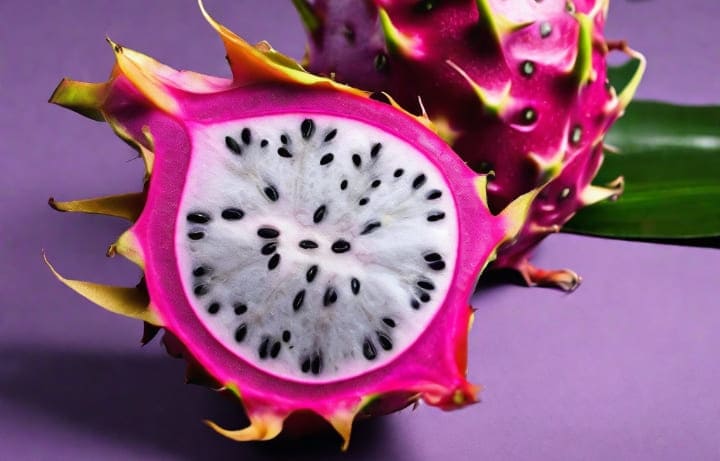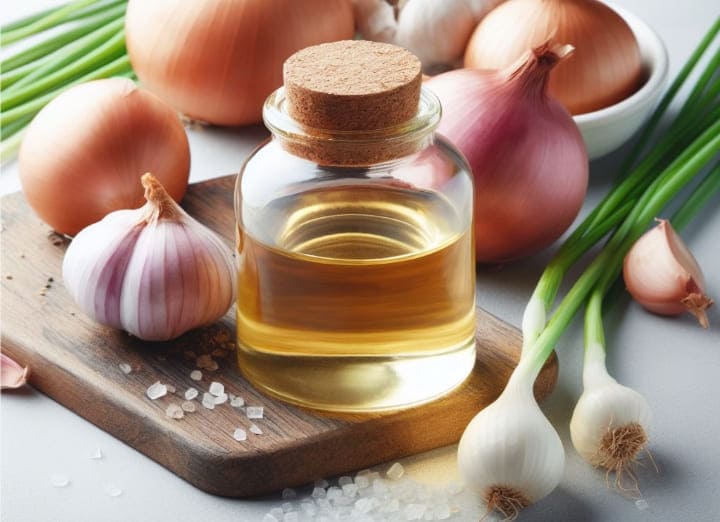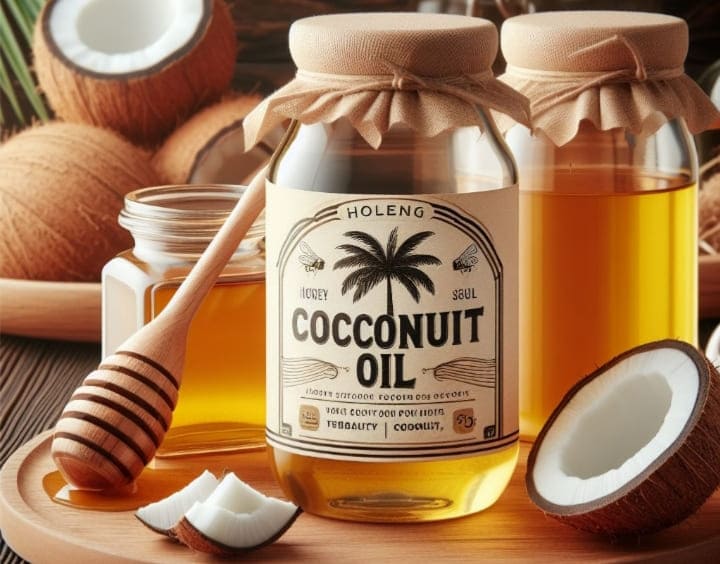
Carrots, with their vibrant orange color and sweet flavor, are beloved by many for their nutritional value, health benefits and versatility in the kitchen.
Whether enjoyed raw, cooked, or transformed into a vibrant juice, carrots offer a wealth of nutrients and benefits. But when it comes to maximizing these benefits, a debate often arises: juicing versus eating whole carrots. Each method of consumption has its unique advantages, and understanding these differences can help you make informed choices for your dietary needs.
In this article, we will explore the benefits of juicing carrots compared to eating them whole. Whether you prefer to munch on a carrot or enjoy a glass of carrot juice, both options offer unique advantages for your health.
The Nutritional Profile of Carrots
Carrots are nutritional powerhouses, packed with a wide array of vitamins, minerals, and beneficial compounds that make them a valuable addition to your diet. Understanding the nutritional profile of carrots can help you appreciate their health benefits even more. Here’s an overview of the key nutrients found in carrots:
Vitamins:
- Vitamin A: Carrots are renowned for their high beta-carotene content, which is converted into vitamin A in the body. This vitamin is essential for good vision, a healthy immune system, and skin health.
- Vitamin C: Carrots provide a decent amount of vitamin C, an antioxidant that supports the immune system and promotes healthy skin.
- Vitamin K: This vitamin is essential for blood clotting and bone health, and carrots contain a small but notable amount of it.
- B Vitamins: Carrots offer various B vitamins, including B1 (thiamine), B2 (riboflavin), B3 (niacin), B6 (pyridoxine), and B9 (folate). These vitamins play crucial roles in energy metabolism, brain function, and the production of red blood cells.
Minerals:
- Potassium: Carrots are a good source of potassium, a mineral that helps regulate blood pressure and maintain proper heart function.
- Magnesium: This mineral is involved in numerous biochemical processes, including muscle and nerve function, blood glucose control, and bone health.
- Phosphorus: Carrots contain phosphorus, which is essential for strong bones and teeth, as well as various cellular processes.
- Other Minerals: Carrots also provide small amounts of calcium, iron, and zinc, contributing to overall mineral intake.
Other Compounds:
- Dietary Fiber: While carrot juice lacks dietary fiber, whole carrots are an excellent source of this nutrient. Dietary fiber aids digestion, promotes a feeling of fullness, and supports a healthy gut microbiome.
- Phytonutrients: Carrots contain various phytonutrients, including lutein and zeaxanthin, which are essential for eye health, as they help protect against age-related macular degeneration and cataracts.
Understanding the rich nutritional profile of carrots underscores their role in promoting good health. Whether you choose to juice them or enjoy them in their whole form, carrots offer a wide array of essential vitamins, minerals, and antioxidants to support your well-being.

Share Benefits of Juicing Carrots and Eating Them
Both eating carrots and drinking carrot juice offer a range of health benefits due to the presence of common nutrients and compounds in carrots. Here are the shared benefits:
- Rich Source of Vitamin A: Both whole carrots and carrot juice are excellent sources of beta-carotene, which the body converts into vitamin A. Vitamin A is essential for maintaining healthy vision, supporting the immune system, and promoting skin health.
- Antioxidant Properties: Carrots, in both forms, contain antioxidants such as beta-carotene, which help protect cells from damage caused by free radicals. This can contribute to reducing the risk of chronic diseases.
- Eye Health: Carrots are well-known for their benefits in promoting good vision. The high beta-carotene content in both whole carrots and carrot juice supports eye health and may reduce the risk of conditions like age-related macular degeneration and cataracts.
- Skin Health: The antioxidants in carrots help maintain healthy skin by protecting it from the effects of UV radiation and supporting collagen production.
- Immune System Support: The vitamins and minerals in carrots, including vitamin C and vitamin A, boost the immune system, helping the body defend against infections.
- Reduced Risk of Chronic Diseases: Regular consumption of carrots, whether in solid or juice form, is associated with a decreased risk of chronic diseases due to the presence of antioxidants and phytonutrients.
- Heart Health: The potassium content in carrots, found in both forms, supports heart health by helping to regulate blood pressure.
- Nutrient Boost: Both eating carrots and drinking carrot juice provide a nutrient boost due to the presence of vitamins and minerals like vitamin K, vitamin B6, and potassium.
- Hydration: Carrot juice and whole carrots contribute to overall hydration, with the juice containing a higher water content.
- Digestive Health: Although whole carrots are a better source of dietary fiber, carrot juice’s gentle digestibility can be beneficial for those with sensitive stomachs.
Also Checkout:
- Benefits of melon juice
- Benefits of juicing mango
- Benefits of juicing plums
- Benefits of Mango leaves tea
- Benefits of mango leaves juice
- Benefits of mango leaves extract
- Benefits of blackberries
Benefits of Juicing Carrots Vs Eating Carrots
Here’s a comparison of the benefits of eating carrots and drinking carrot juice:

1. Concentrated Nutrients in Carrot Juice
Juicing Carrots: One of the most significant benefits of juicing carrots is the concentration of essential nutrients. Carrot juice serves as a potent source of vitamins, minerals, and antioxidants, providing a compact, nutrient-dense beverage that can be swiftly assimilated by the body.
Eating Carrots: In contrast, whole carrots are unquestionably nutritious, but their nutrient concentration is somewhat lower compared to their liquid counterpart. Nevertheless, they deliver the invaluable benefits of dietary fiber, a critical component absent in carrot juice.
2. Enhanced Digestibility
Juicing Carrots: Carrot juice reigns supreme when it comes to digestibility. It represents an excellent choice for individuals with sensitive stomachs or digestive issues, as the body can absorb the nutrients rapidly without the need for extensive digestion.
Eating Carrots: Whole carrots, on the other hand, contain dietary fiber, a digestive aid that fosters a sense of fullness. Furthermore, the act of chewing carrots stimulates saliva production, contributing to the efficiency of the digestive process.
3. Antioxidant Powerhouse
Juicing Carrots: Carrot juice is a veritable treasure trove of antioxidants, particularly beta-carotene, known for its eye health benefits and potential to reduce the risk of chronic diseases. The concentration of antioxidants in carrot juice can often surpass that found in whole carrots.
Eating Carrots: Whole carrots also bestow a wealth of antioxidants upon the body, albeit in a form that necessitates the breaking down of cell walls to access these valuable compounds.
4. Contribution to Hydration
Juicing Carrots: Beyond its nutritional attributes, carrot juice contains a significant amount of water, which contributes to your daily hydration. This is particularly advantageous if you find it challenging to consume adequate water throughout the day.
Eating Carrots: Whole carrots possess a lower water content compared to their juiced counterpart and, as such, make a less substantial contribution to overall hydration.
5. Aiding in Weight Management
Juicing Carrots: Juicing carrots is a prudent choice for individuals focused on weight management. It allows for an increase in nutrient intake while facilitating control over calorie consumption.
Eating Carrots: Whole carrots can be beneficial in managing weight as well. The presence of dietary fiber fosters a sense of fullness, which can, in turn, support portion control and overall weight management.
6. Versatile Customization
Juicing Carrots: The practice of juicing opens the door to boundless creativity. Combining carrots with other fruits and vegetables is a delightful way to diversify your diet and introduce a broader spectrum of nutrients.
Eating Carrots: While whole carrots can certainly be included in various culinary preparations, the customization options are inherently limited in comparison to the flexibility of juicing.
7. Convenience and Freshness
Juicing Carrots: Preparing carrot juice at home offers the convenience of enjoying freshly prepared, nutrient-rich beverages. Additionally, you have the liberty to customize your juice according to your specific taste preferences and dietary requirements.
Eating Carrots: Consuming whole carrots is a straightforward affair. However, it may be less convenient when you’re on the go or in search of a quick, ready-to-consume option.
8. Oral Health Considerations
Juicing Carrots: It is worth noting that while carrot juice provides a host of nutritional benefits, it does not offer the same oral health advantages as chewing whole carrots, which can stimulate saliva production and contribute to a healthy mouth.
Eating Carrots: The act of chewing whole carrots serves a dual purpose. Not only does it allow you to derive the benefits of the vegetable’s nutrients, but it also helps maintain good oral hygiene.
9. Satiety Factors
Juicing Carrots: Due to the absence of dietary fiber and the relatively swift consumption of juice, it may not induce the same level of satiety as whole carrots.
Eating Carrots: Whole carrots, thanks to their fiber content, have the potential to create a sense of fullness. This satiety factor can be instrumental in aiding portion control and promoting overall dietary satisfaction.
10. A Fulfilling Sensory Experience
Juicing Carrots: While carrot juice is unquestionably nutritious, it does not replicate the tactile and taste experience provided by eating whole carrots.
Eating Carrots: When you consume whole carrots, you engage in a sensory experience that is both satisfying and enjoyable, with each bite delivering a delightful crunch and a burst of flavor.
The choice between juicing carrots and consuming them in their whole form hinges on your individual dietary objectives, preferences, and health considerations. Both methods offer a spectrum of advantages, and in many cases, incorporating both into your diet can be a comprehensive approach to maximize the benefits of this versatile and nutritious vegetable.
Whether you favor the convenience of juice or revel in the satisfying crunch of whole carrots, rest assured that you are poised to reap the numerous benefits of this vibrant orange gem of the earth. So, savor the goodness of carrots in a manner that resonates with your unique needs and lifestyle, and relish the exceptional health benefits they bring to the table.
Healthy Recipes for Carrot Juice and Carrot Eating
Incorporating carrots into your diet can be a delightful culinary experience, whether you choose to juice them or savor them in their whole form. Here are some healthy and delicious recipes for both methods of consumption:
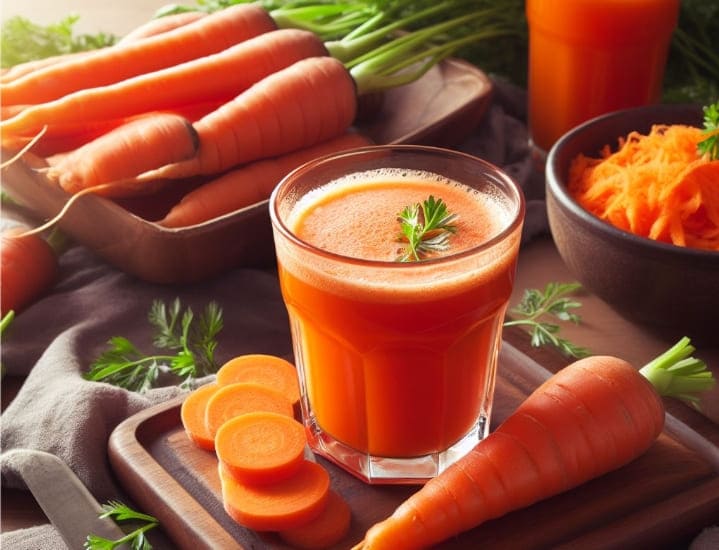
Carrot Juice Recipe
Ingredients:
- 4-6 fresh carrots, scrubbed and trimmed
- 1 small apple
- 1-inch piece of ginger (optional for added flavor)
- 1/2 lemon (peeled)
Instructions:
- Wash the carrots thoroughly, cut them into smaller pieces, and place them in your juicer.
- Add the apple, ginger (if desired), and lemon to the juicer.
- Run the juicer and watch as vibrant carrot juice fills your glass.
- Pour the freshly prepared carrot juice into a glass and enjoy!
Roasted Carrots Recipe
Ingredients:
- 1 pound of whole carrots, peeled and trimmed
- 2 tablespoons of olive oil
- Salt and pepper to taste
- Fresh herbs like rosemary or thyme (optional)
Instructions:
- Preheat your oven to 425°F (220°C).
- In a mixing bowl, toss the whole carrots with olive oil, salt, pepper, and herbs if you like.
- Spread the carrots on a baking sheet in a single layer.
- Roast in the preheated oven for 20-25 minutes or until the carrots are tender and slightly caramelized.
- Serve as a flavorful side dish.
Practical Tips for Juicing Carrots
Juicing carrots can be a convenient way to enjoy the benefits of this nutritious vegetable. Here are some practical tips to help you get the most out of your carrot juice:
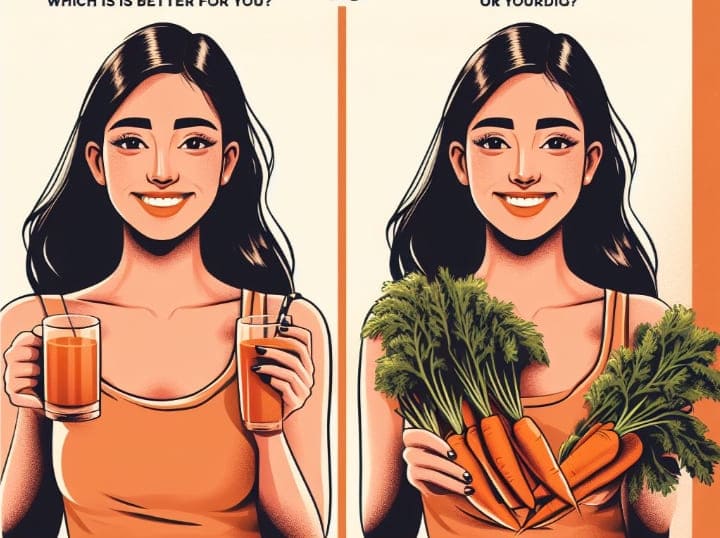
- Use Fresh Carrots: Opt for fresh, firm carrots for the best flavor and nutritional content.
- Organic Carrots: Whenever possible, choose organic carrots to reduce exposure to pesticides and chemicals.
- Clean Thoroughly: Wash carrots thoroughly, especially if you’re not peeling them, to remove any dirt or debris.
- Cut into Smaller Pieces: Chop carrots into manageable chunks that fit easily into your juicer’s feeding chute.
- Choose the Right Juicer: Consider a centrifugal juicer for quick extraction or a masticating juicer for maximum nutrient yield.
- Follow Juicing Instructions: Consult your juicer’s manual for proper operation and safety guidelines.
- Variety is Key: Experiment with different combinations by adding other fruits and vegetables to your carrot juice. Popular choices include apples, oranges, and ginger for added flavor.
- Drink Promptly: Freshly juiced carrot juice is at its nutritional peak when consumed immediately. If you need to store it, keep it in an airtight container in the refrigerator for up to 24 hours.
Recommendations for Daily Intake:
- Aim for 1-2 cups of raw or cooked carrots or 1-2 glasses of carrot juice per day to reap the nutritional benefits without overindulging.
- Adjust intake based on individual needs, considering factors like age, activity level, and overall diet.
- Consult a registered dietitian for personalized recommendations tailored to your specific health goals.
- Incorporate carrots into a balanced diet that includes a variety of fruits, vegetables, whole grains, and lean proteins.
Related Posts
.















